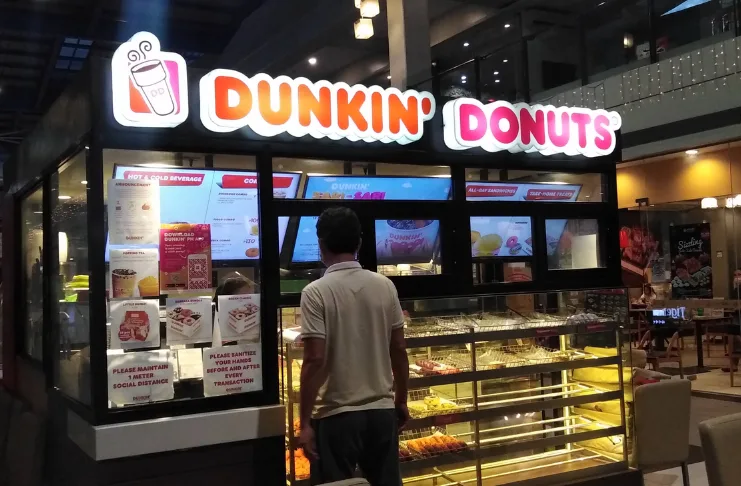Dunkin’, the globally recognized American coffee and donut chain, has officially opened its first outlet in France, located on Boulevard Montmartre in Paris. This launch marks a significant step in the brand’s international growth strategy and its entry into one of Europe’s most iconic café markets.
The move is part of a broader franchise partnership with QSRP, a major quick-service restaurant operator in Europe. The Paris outlet is the first of several planned openings, with the brand confirming intentions to expand further across Paris, the Île-de-France region, and other metropolitan areas over the next two years.
A Calculated Bet on France’s Evolving Coffee Landscape
France’s café culture has long been defined by independent bistros and bakeries, but evolving consumer preferences—driven by urbanization and younger demographics—are opening doors for international quick-service coffee formats. Dunkin’s entry comes at a time when the country is seeing rising demand for grab-and-go coffee, sweet indulgences, and convenient dining options.
With over 13,200 locations worldwide, Dunkin’s expansion into France is a continuation of its global trajectory under parent company Inspire Brands. The Paris location reflects the company’s strategy of tailoring offerings to local preferences while leveraging a proven franchise-first business model for rapid scalability.
Industry Context: A Competitive but Growing Market
According to World Coffee Portal’s Project Café Europe 2025 report, the branded coffee shop market across Europe grew by 4.7% in the past year, reaching more than 51,000 outlets. France remains among the key growth markets, as global chains and local players compete to serve a digitally connected, experience-driven consumer base.
Dunkin’s entrance adds a new dimension to France’s quick-service scene, where international brands like Starbucks and Costa Coffee already operate but face increasing pressure to localize offerings and innovate customer experience.
This development is a reminder that legacy brands can remain relevant across borders—if they are willing to adapt their playbook for new markets while maintaining their core identity.





